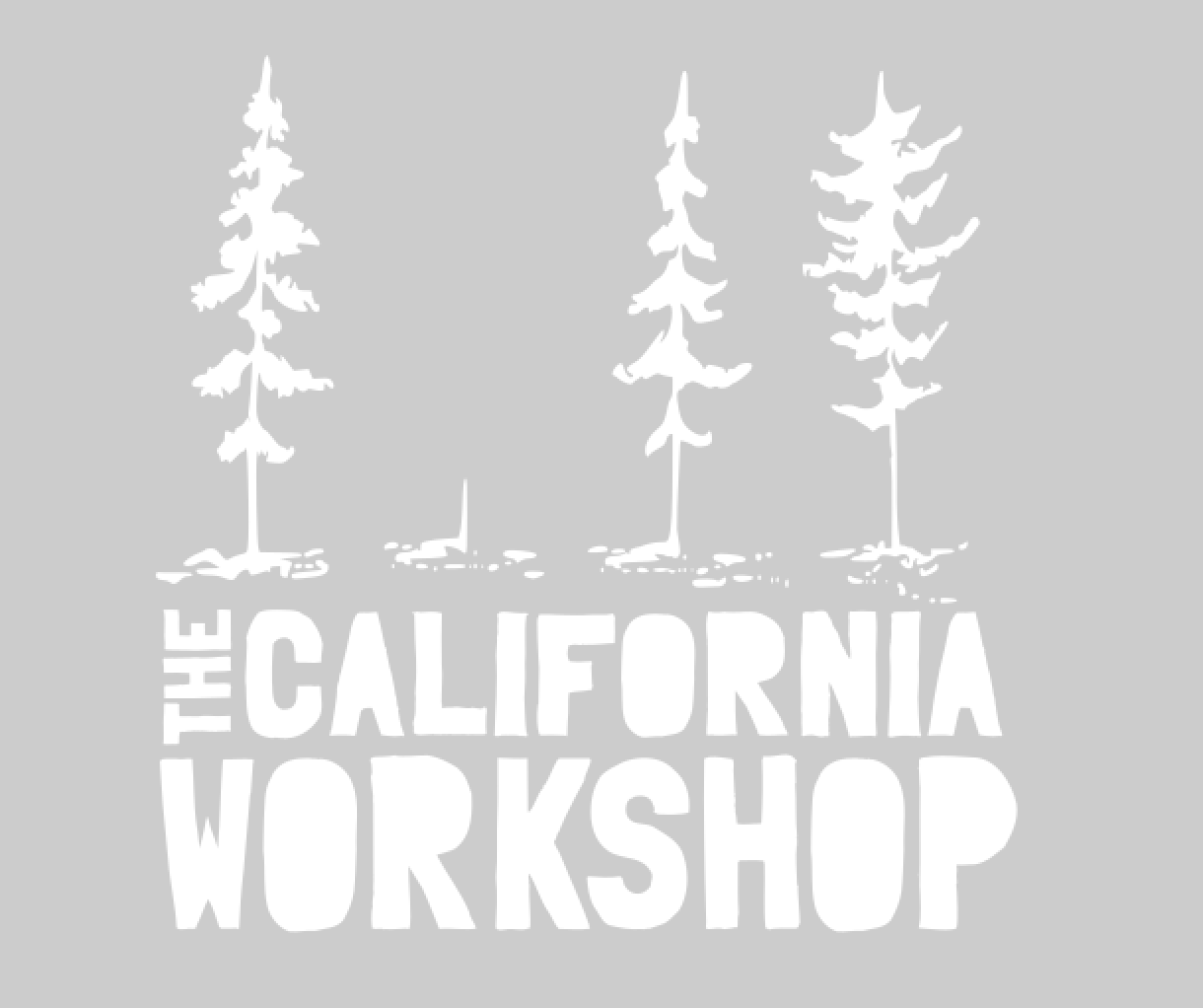Often proclaimed as a virtue, uniqueness means that something is one-of-a-kind or unlike anything else. The runt of a litter may be called unique. A genetic mutation that makes you vulnerable to disease is also unique. Related to a Westerner’s love of novelty and innovation, we praise and exalt the unique despite it’s poor track record. The vast majority of man’s novel innovations end up in the landfills of history because design is evolving in much the same way that life forms evolve. Proven and useful characteristics are ubiquitous while mutations for the most part die off. In biology these mutations serve a purpose as part the motive force of evolution. The rare deviation is an advantage that proliferates and allows us to survive as a species and adapt to our changing environment. Genes mutate randomly, nature selects methodically.
“New, new, new, just for the sake of newness, for the sake of the sales’ curve, in order to make people throw away the old things before they have served their time. Not so long ago we looked for a better form, now we only have to find a new one.” -Poul Henningsen c. 1967
Poul Henningsen worked mostly in furniture and lighting but his criticism applies to all consumer goods.
Endless and thoughtless permutations of products are, in summary, the sport of fashion and art. Not only in apparel but in all product categories, the new version has to be different from the old one that everyone already has or we have no incentive to buy it. Feeding the ever expanding economy in this way lifted millions out of economic poverty and delivered them to a new form of poverty, perpetually longing and unable to differentiate our basic human needs from the needs of our egos. We buy the new thing to enhance our identity and somehow don’t notice how quickly it loses its power to make us feel better about ourselves. Before we know it, we find ourselves coveting the newer version that will surely be the thing that finally makes us happy.
For many the uniqueness is a symbol of their status, affluence or good taste; an enhancement to their identity. It is cherished for its exclusivity, the fact that others can’t have it. This is just one of the ways that our egos distort our judgement.
In the context of opportunity cost, it could be said that all the effort to make novel and unique things is at the expense of making better things. How much better could we do if we were actually trying to make something better? Should we sail in the direction of our destination or just sail to any place that isn’t here?
One could argue that modern products are so evolved that opportunities to improve them are incredibly scarce. This thinking fails to take into account that our knowledge, understanding and values are always changing. Today there are tremendous gains to be made related to embodied energy, exploitation of natural resources and labor, pollution and toxicity and many other attributes that we failed to fully consider in generations past. A past where we failed to think of the process as part of the product. Our definition of better is ever changing as our understanding of materials and processes grows and as our values change. There is and always will be room for improvement for those who value better over different.

